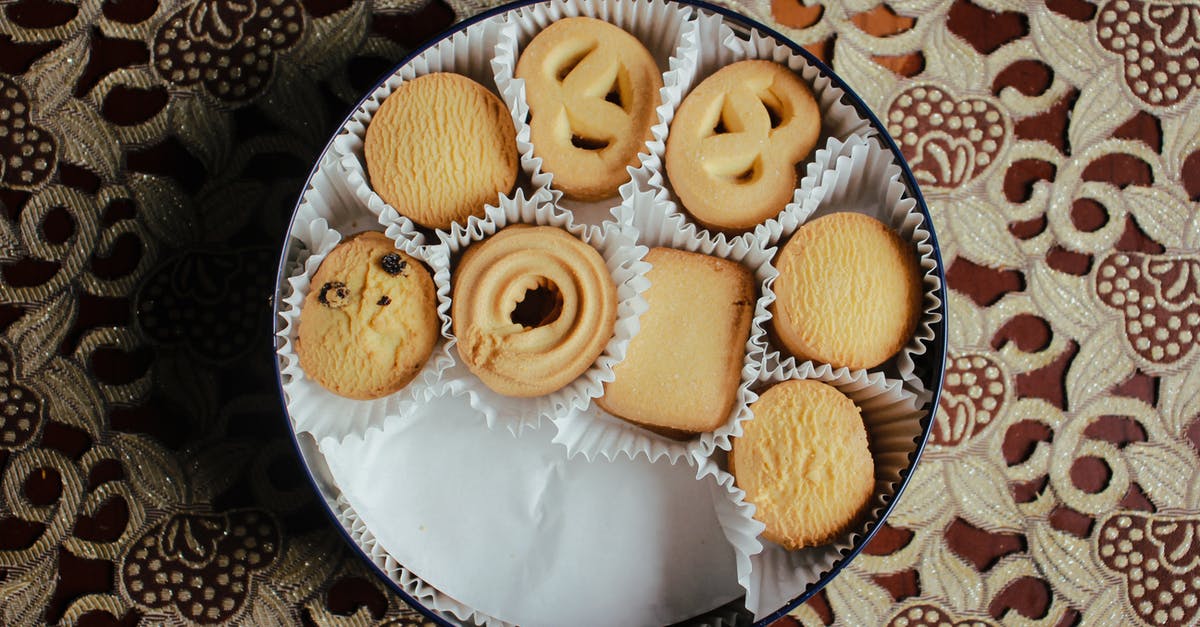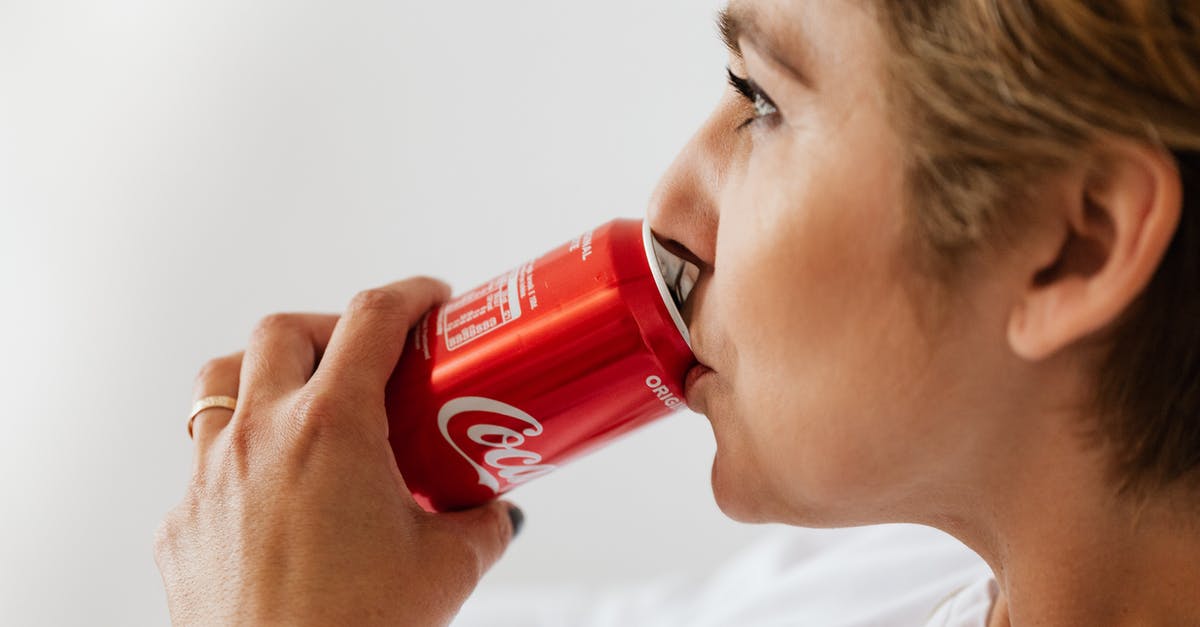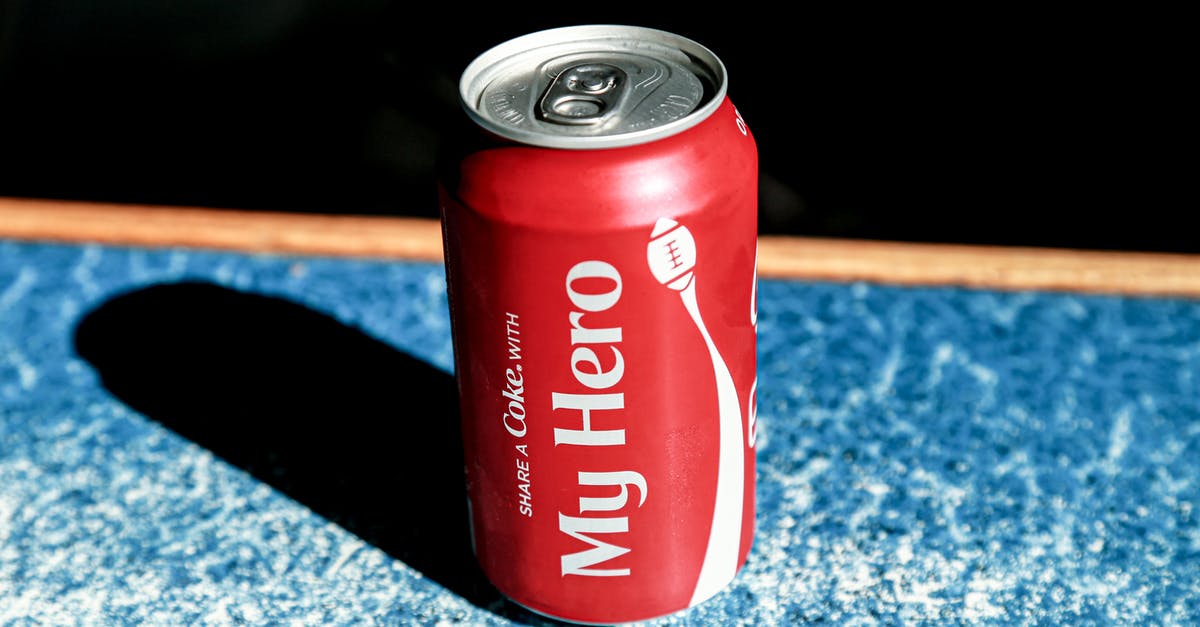When can I entirely replace sugar with artificial sweeteners?

Suppose I have a recipe calling for more sugar than I'd prefer to eat, for whatever reason, and I'd like to just use an artificial sweetener?
When can I just replace the sugar with an appropriate amount of an artificial sweetener, and when will that cause the recipe to fail, or the results to change substantially? What can go wrong?
Best Answer
I will take a bit of a shot, please feel free to edit/improve this. Most this is lifter from or reworded from here. I chose them as a diabetes help site so they should not be biased against substitutes.
Sugar is used for sweetness, and for this aspect any of the sugar substitutes likely can be used and many of them in much less quantities as they tend to be far more concentrated in the sweet taste than sugar with many of the marketed brands being mixed with ingredients to add volume to ease substitution. However, sugar often plays more of a roll in cooking than just flavor and this is where using substitutes can yield varied results. Sugar also effects the texture, color, and volume of items through chemical reactions. It feeds yeasts for leavening. It holds moisture, aids in browning, provides caramelization, counters bitter or sour. Substitutes tend to handle taste, but cannot directly address some of these other traits. Many can be used, but results will not be identical to that of sugar. Common issues include:
• A lighter color as the substitutes do not provide the browning sugar gives.
• A flatter product as substitutes may not give the same rise when baking.
• Texture differences as items made with substitutes tend to be drier due to the loss of sugar’s moisture holding trait. This also sometimes leads to the item seeming stale more quickly.
• Aftertaste. This is a personal difference as some people do not notice an after taste with substitutes, some like the taste better and others simply cannot stand them.
• Cooking time may need adjusting as with any substitution. Some of these items may not be an issue for a given recipe or application or might be a big deal and often are a matter of taste. Overcoming is them is often done by using a blend of the substitute and sugar to reduce but not eliminate sugar.
Some specific options: • Succralose – Heat stable and can be used for baking, cooking and canning. The commercial brand Splenda provides tips and advises to continue to use brown sugar in baked goods for texture and using small pans while adding dry mild and baking soda to improve volume in baked goods when needed (Spenda has advice).
• Saccharin – Claimed to be heat stable as suitable for cooking, baking and canning, but it is advised to keep some sugar in baked goods to maintain volume and texture. Increase liquid and add extra egg or egg whites will help. (Sweet’N Low and Sugartwin have advice)
• Stevia – Multiple brands and they have different make-ups. They claim to be suitable for baking if one quarter of the original sugar is left in to help with browning and texture with a lower temperature and increased baking time. (truvia pure via SweetLeaf Zing)
• Monk fruit extract – Heat stable, suitable for cooking, baking. Can be used in sauces dressing, beverages, but recommended to be substituted for only half sugar in baked goods (Monk Fruit In The Raw).
• Sugar alcohols – multiple brands, with various recommendations. My reading gives mixed review including issues with volume, dryness, crumble and contradictory claims on heat stability. I would think each brand would require separate research on suitability.
Many of the substitutes also offer sugar blends that are already mixed with table sugar for supposedly better results. This however, and many of the recommendations to mix are against the request to do a full substitution for sugar. More research may provide ways to compensate without the blending, however best results are likely to always be in cases where sweet is the only real aspect of sugar needed, such as in beverages, or when the approach of adding items such as powdered milk and leavening agents can compensate.
Pictures about "When can I entirely replace sugar with artificial sweeteners?"



Can I use artificial sweeteners instead of sugar?
Artificial sweeteners can be attractive alternatives to sugar because they add virtually no calories to your diet. Also, you need only a fraction of artificial sweetener compared with the amount of sugar you would normally use for sweetness.Does your body process artificial sweeteners the same as sugar?
The body reacts to artificial sweeteners differently than it does to sugar \u2014 the healthy bacteria that live in the gut, for example, change when these compounds are around \u2014 and the consequences might be both surprising and unwelcome, especially for children.How much artificial sweetener is safe per day?
Acceptable Daily Intake: 50 milligrams for each kilogram of body weight. For a 150-pound person, 3,409 milligrams a day would be safe.Which is worse for you artificial sweetener or sugar?
Both sugar and artificial sweetener are addictive. But artificial sweeteners may be likelier to make you get hungry, eat more throughout the day and develop diabetes. Sugar is OK in limited amounts and in the context of a healthy diet. (Eating a cookie you've made yourself is fine.Should diabetics use artificial sweeteners?
Sources: Stack Exchange - This article follows the attribution requirements of Stack Exchange and is licensed under CC BY-SA 3.0.
Images: Antonio Prado, Monstera, Karolina Grabowska, Hanbo Wang
